List of descriptive plant species epithets (I–Z) on:
[Wikipedia]
[Google]
[Amazon]
 Since the first printing of
Since the first printing of


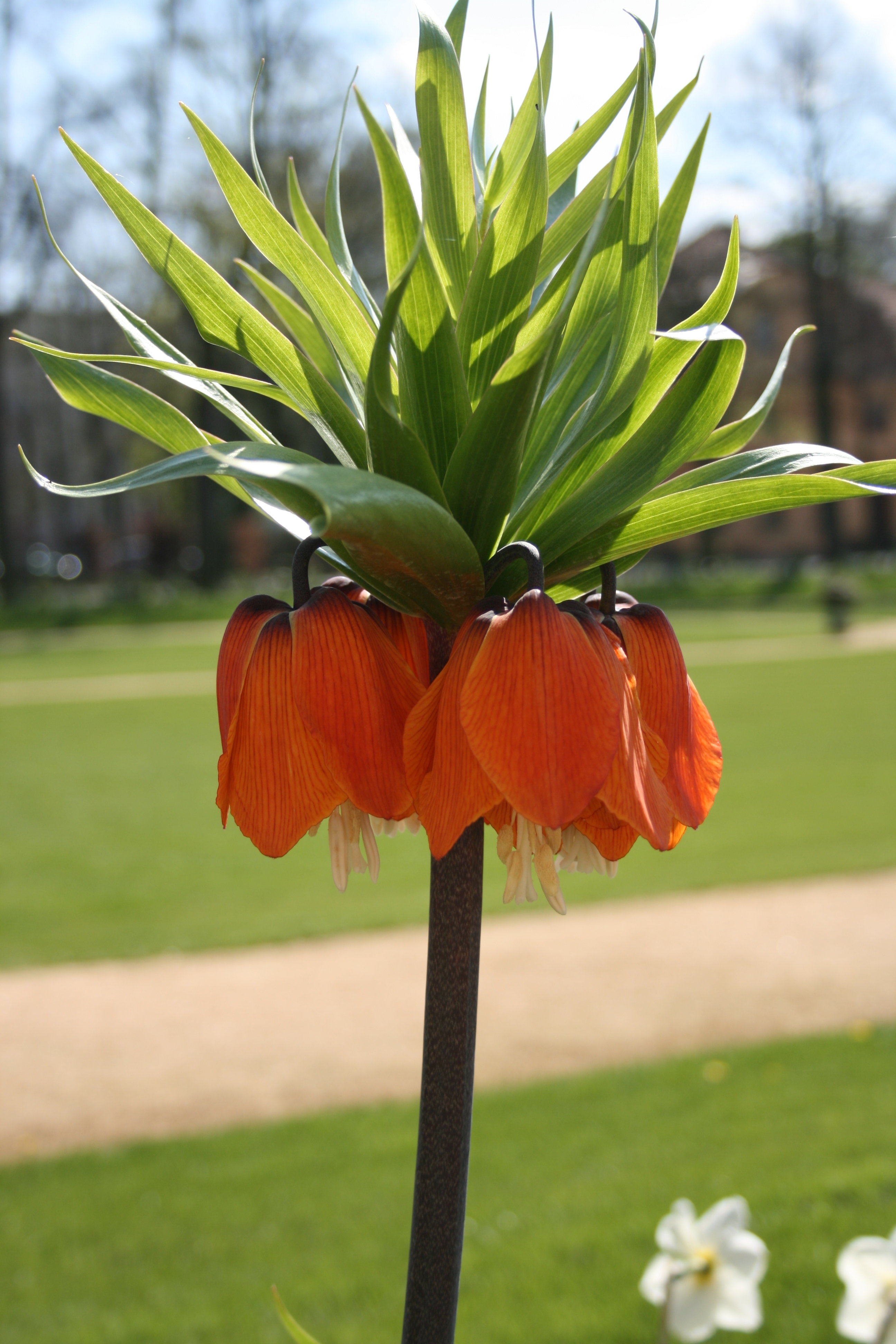
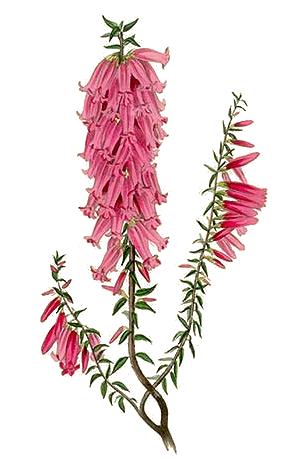







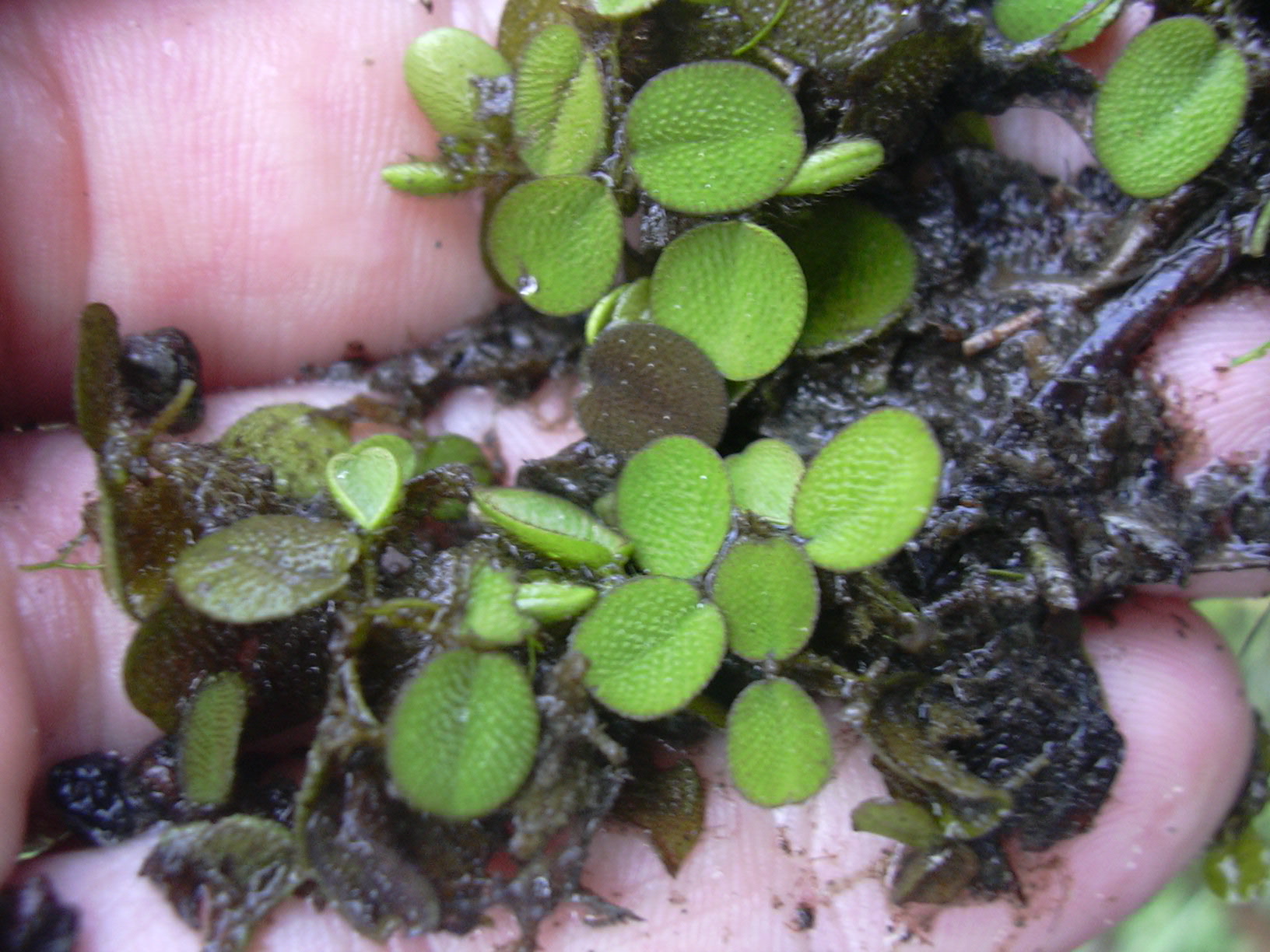















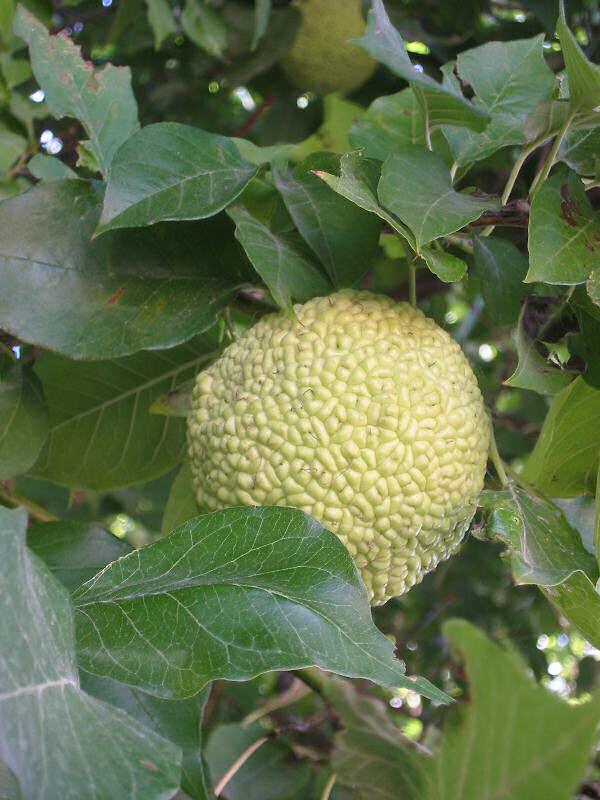

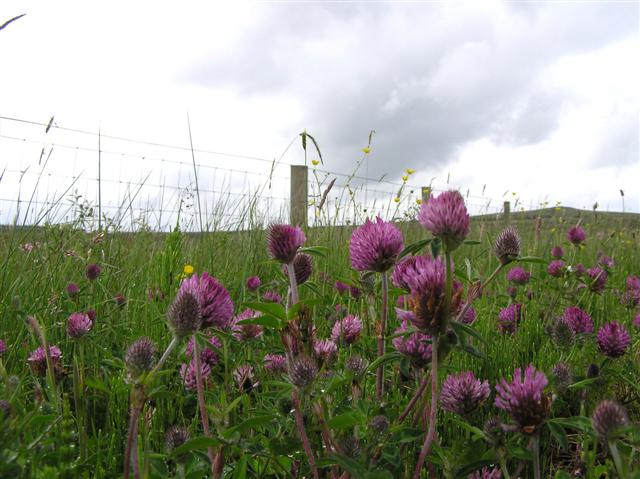







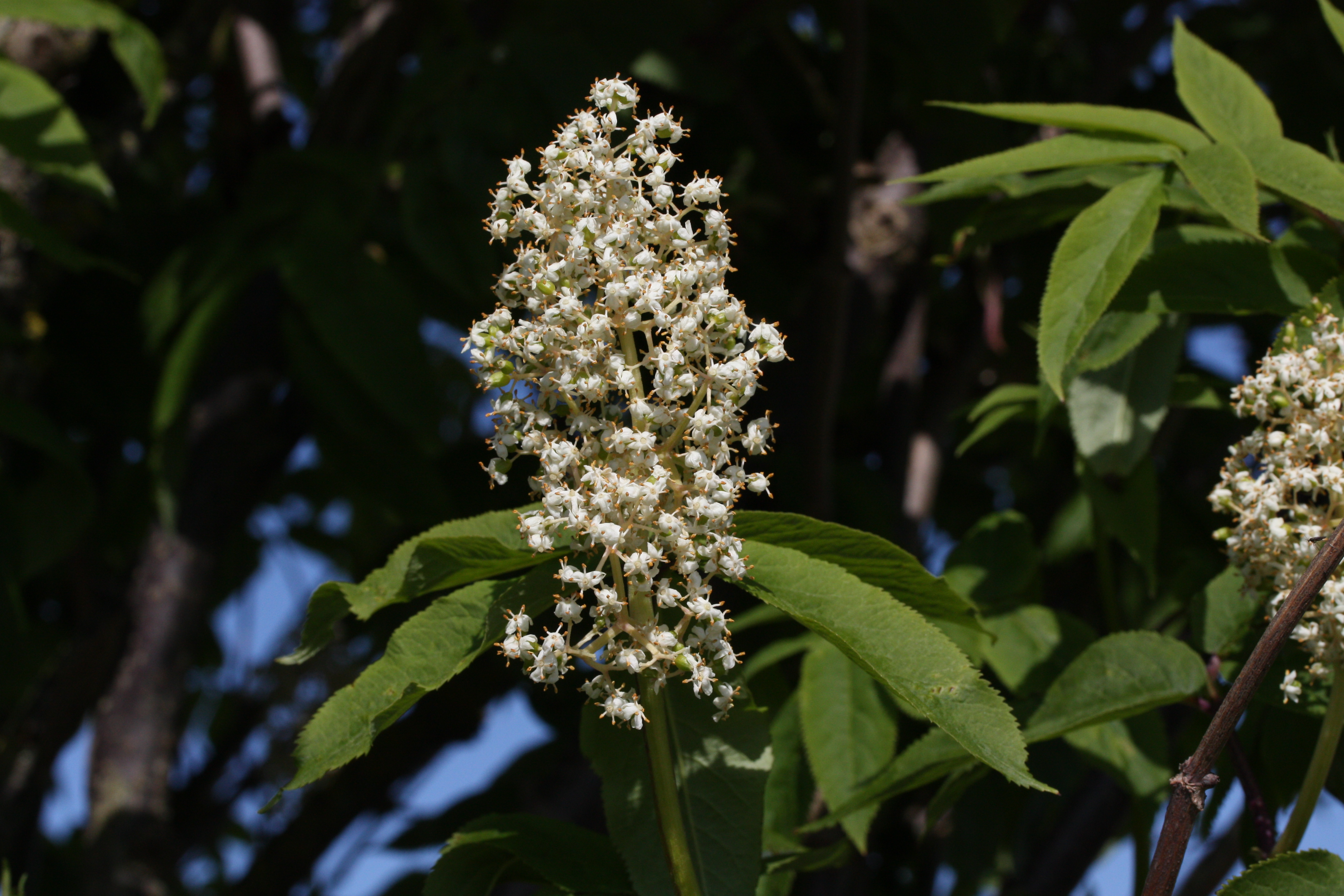

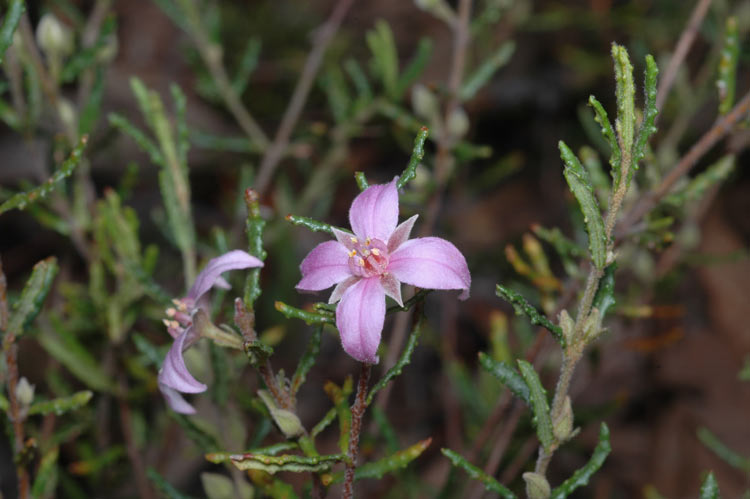









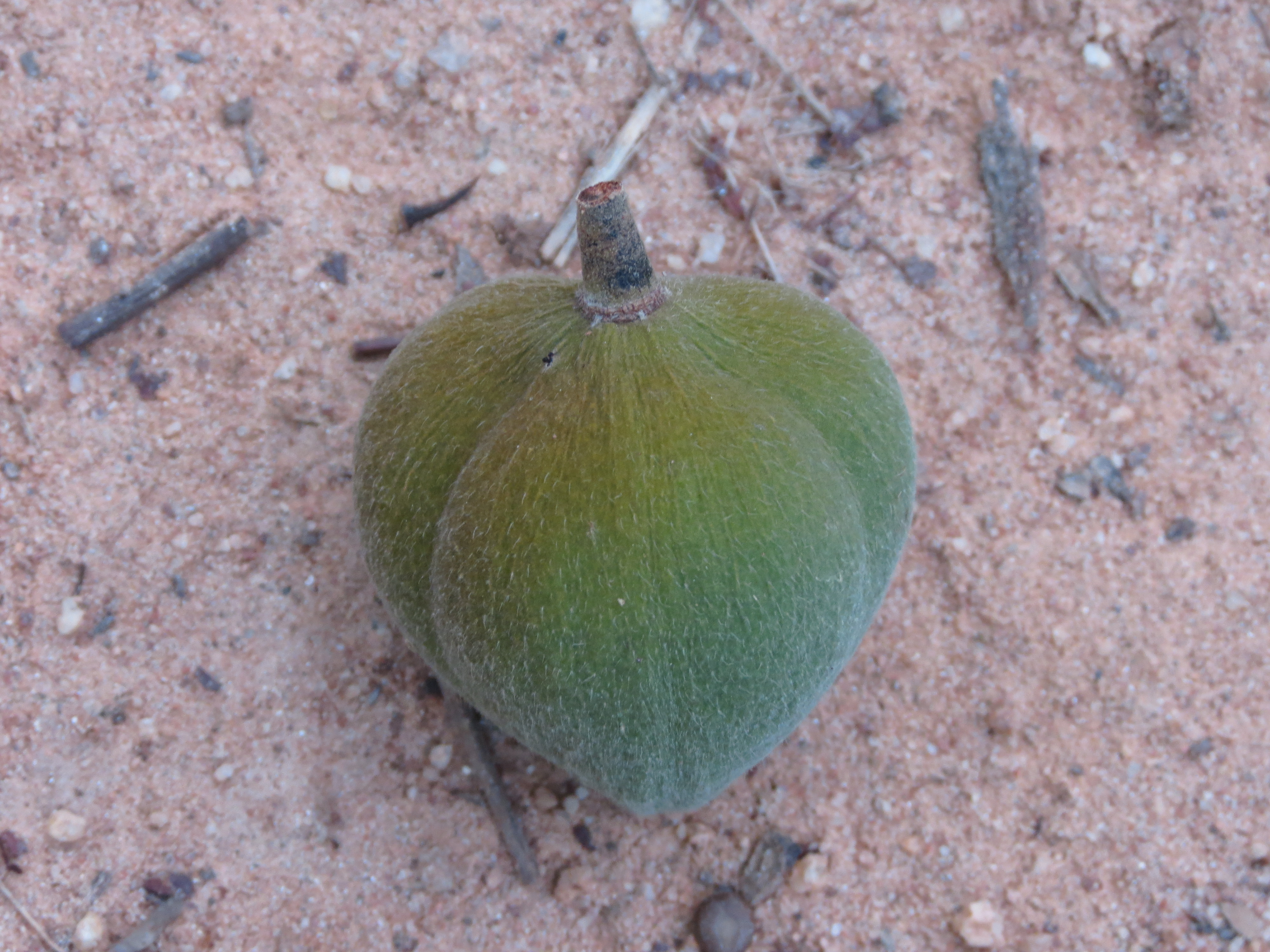



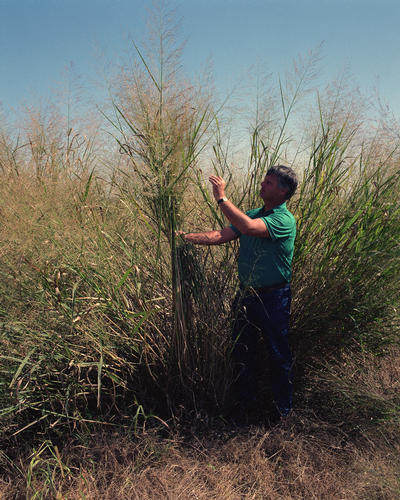
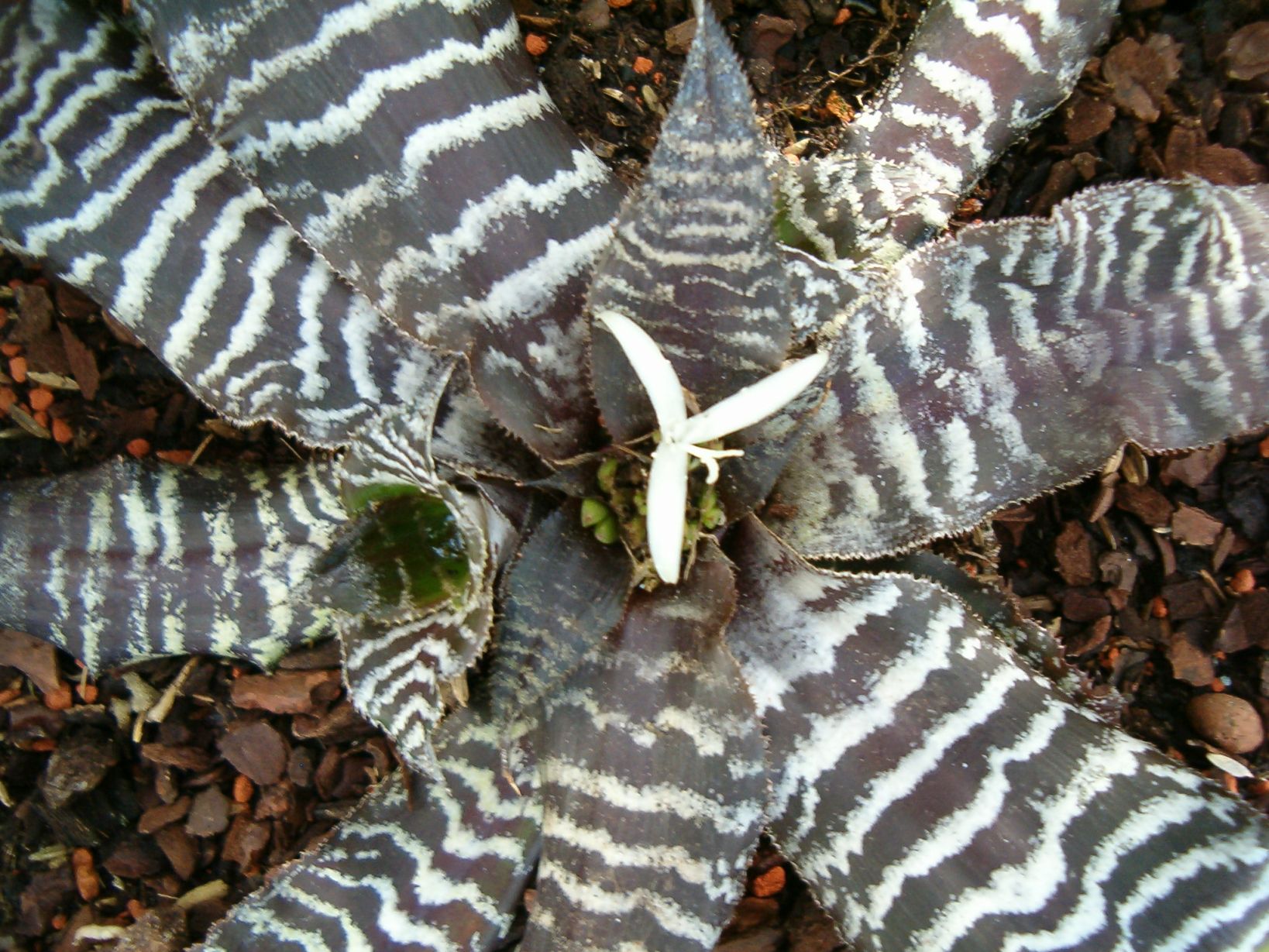
Perseus Digital Library
* * Se
terms of use
* *
Perseus Digital Library
{{DEFAULTSORT:Descriptive plant species epithets (I-Z)
 Since the first printing of
Since the first printing of Carl Linnaeus
Carl Linnaeus (23 May 1707 – 10 January 1778), also known after ennoblement in 1761 as Carl von Linné,#Blunt, Blunt (2004), p. 171. was a Swedish biologist and physician who formalised binomial nomenclature, the modern system of naming o ...
's ''Species Plantarum
' (Latin for "The Species of Plants") is a book by Carl Linnaeus, originally published in 1753, which lists every species of plant known at the time, classified into genus, genera. It is the first work to consistently apply binomial nomenclature ...
'' in 1753, plants have been assigned one epithet
An epithet (, ), also a byname, is a descriptive term (word or phrase) commonly accompanying or occurring in place of the name of a real or fictitious person, place, or thing. It is usually literally descriptive, as in Alfred the Great, Suleima ...
or name for their species
A species () is often defined as the largest group of organisms in which any two individuals of the appropriate sexes or mating types can produce fertile offspring, typically by sexual reproduction. It is the basic unit of Taxonomy (biology), ...
and one name for their genus
Genus (; : genera ) is a taxonomic rank above species and below family (taxonomy), family as used in the biological classification of extant taxon, living and fossil organisms as well as Virus classification#ICTV classification, viruses. In bino ...
, a grouping of related species. These scientific names have been catalogued in a variety of works, including '' Stearn's Dictionary of Plant Names for Gardeners''. William Stearn
William Thomas Stearn (; 16 April 1911 – 9 May 2001) was a British botanist. Born in Cambridge in 1911, he was largely self-educated and developed an early interest in books and natural history. His initial work experience was at a C ...
(1911–2001) was one of the pre-eminent British botanists of the 20th century: a Librarian of the Royal Horticultural Society
The Royal Horticultural Society (RHS), founded in 1804 as the Horticultural Society of London, is the UK's leading gardening charity.
The RHS promotes horticulture through its five gardens at Wisley (Surrey), Hyde Hall (Essex), Harlow Carr ...
, a president of the Linnean Society
The Linnean Society of London is a learned society dedicated to the study and dissemination of information concerning natural history, evolution, and taxonomy. It possesses several important biological specimen, manuscript and literature collec ...
and the original drafter of the ''International Code of Nomenclature for Cultivated Plants
The ''International Code of Nomenclature for Cultivated Plants'' (ICNCP) is a guide to the rules and regulations for naming cultigens, plants whose origin or selection is primarily due to intentional human activity. It is also known as Cultivate ...
''.
The first column below lists seed-bearing species epithets from ''Stearn's Dictionary'', ''Latin for Gardeners'' by Lorraine Harrison, ''The A to Z of Plant Names'' by Allen Coombes, ''The Gardener's Botanical'' by Ross Bayton, and the glossary of Stearn's ''Botanical Latin''. Epithets from proper noun
A proper noun is a noun that identifies a single entity and is used to refer to that entity ('' Africa''; ''Jupiter''; '' Sarah''; ''Walmart'') as distinguished from a common noun, which is a noun that refers to a class of entities (''continent, ...
s, proper adjective
In English orthography, the term proper adjective is used to mean adjectives that take initial capital letters, and common adjective to mean those that do not. For example, a person from India is Indian—''Indian'' is a proper adjective.
Etymolo ...
s, and two or more nouns are excluded, along with epithets used only in species names that are no longer widely accepted. Classical and modern meanings are provided in the third column, along with citations to Charlton T. Lewis's ''An Elementary Latin Dictionary''. __FORCETOC__
Key
:LG = language: (L)atin or (G)reek :L = derived from Latin, or both Classical Latin and Greek (unless otherwise noted) :G = derived from Greek :H = listed by Harrison, and (except as noted) by Bayton :D = listed in ''Stearn's Dictionary'' :S = listed in Stearn's ''Botanical Latin'' :DS = listed in ''Stearn's Dictionary'', with the word or root word listed in ''Botanical Latin'' :C = listed by CoombesEpithets








































See also
*Glossary of botanical terms
This glossary of botanical terms is a list of definitions of terms and concepts relevant to botany and plants in general. Terms of plant morphology are included here as well as at the more specific Glossary of plant morphology and Glossary ...
* List of Greek and Latin roots in English
The English language uses many Greek and Latin roots, stems, and prefixes. These roots are listed alphabetically on three pages:
* Greek and Latin roots from A to G
* Greek and Latin roots from H to O
* Greek and Latin roots from P to Z.
Some ...
* List of Latin and Greek words commonly used in systematic names
This list of Latin and Greek words commonly used in systematic names is intended to help those unfamiliar with classical languages to understand and remember the scientific names of organisms. The binomial nomenclature used for animals and plants ...
* List of plant genus names with etymologies: A–C, D–K, L–P, Q–Z
* List of plant genera named for people: A–C, D–J, K–P, Q–Z
* List of plant family names with etymologies
Notes
Citations
References
* * * * * * Available online at thPerseus Digital Library
* * Se
terms of use
* *
Further reading
* * Reprint of the 1888/1889 edition. Available online at thPerseus Digital Library
{{DEFAULTSORT:Descriptive plant species epithets (I-Z)
Systematic
Systematic may refer to:
Science
* Short for systematic error
* Systematic fault
* Systematic bias, errors that are introduced by an inaccuracy inherent to the system
Economy
* Systematic trading, a way of defining trade goals, risk control ...
Plant species epithets,I
Systematic
Systematic
Systematic may refer to:
Science
* Short for systematic error
* Systematic fault
* Systematic bias, errors that are introduced by an inaccuracy inherent to the system
Economy
* Systematic trading, a way of defining trade goals, risk control ...
Plant species epithets,I
Descriptive plant species epithets,I
Plant species epithets,I
Epithets,I
Wikipedia glossaries using tables